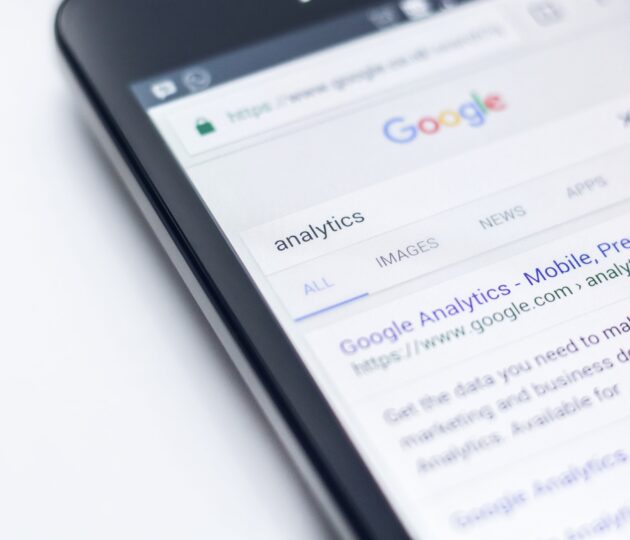blog:
What is GA4? An introduction to the new Google Analytics

Big changes are happening in the world of data. As online privacy laws tighten and Google bans third-party cookies, website tracking software must adapt to stay compliant. Introducing Google Analytics 4 (GA4) – the new version of Google Analytics that will soon become the only option for web data tracking.
No one likes an ultimatum, but there are many benefits for website owners and marketers who embrace the new Google Analytics early, and making the change now will ensure that your website data is maintained.
Let’s dive into the updates to GA4 and how they can benefit pharmaceutical marketing analytics.
GA4 vs. Universal Analytics
GA4 was originally launched in beta mode in October 2020 as a new iteration of Universal Analytics (the current version of Google Analytics). In 2022, Google announced that GA4 would replace Google Analytics on July 1st 2023.
GA4 is a new data tracking property available to set up in your Google Analytics account. Unlike Universal Analytics, which uses a ‘sessions and pageviews’ data collection model, GA4 collects data as ‘events and parameters. This follows the collection model of mobile apps and makes GA4 more user-centric with a focus on identifying cross-channel user journeys, on-page actions, and behaviors. It also uses AI predictive analytics to help identify trends in your website data.
Google Analytics and cookies
GA4 was designed with data law compliance in mind. In compliance with the General Data Protection Regulation (GDPR) and the California Consumer Privacy Act (CCPA), it only uses first-party cookies to collect website visitor data. On the other hand, Universal Analytics still collects third-party cookies. Here’s a quick explanation of what that means:
First-party cookies – A line of tracking code on a website that is only triggered to improve user experience. They track website usage data, such as page views, and voluntarily submitted personal information i.e. form submission details. This data isn’t shared with other websites.
Third-party cookies – A line of tracking code often created on advertising platforms and is triggered when you interact with them. Once triggered, third-party cookies follow you around different websites, gathering data on user behaviors.
In short, GA4 only processes and presents user data made available on your website. Whilst we wave goodbye to IP-related data, GA4 welcomes deeper insights into our own customers and prospects.
The benefits of GA4
Adapting to GA4 will take time for users, but there are many benefits to the new version of Google Analytics and capabilities that were not possible with Universal Analytics.
Simplified event tracking
GA4 has a number of pre-populated events to track on your website, which would have to be manually set up in Universal Analytics. These include scrolling, file downloads, element clicks and transactions/purchases. Whilst conversion goals such as form submissions must be set up manually, this feature still reduces admin time and allows you to track all website interactions with ease.
Visualize user journeys
The GA4 interface is designed to help visualize user journeys through your website. For example, when a user completes a conversion goal, you can backtrack to identify what influenced their decision to convert. This is a powerful tool for improving user experience and content on your website.
Custom reporting
Hone in on the types of website users that matter most to you with custom segments and reports. GA4’s intuitive new reporting interface allows more flexibility when creating reports, so you can identify key insights quicker in a large set of data.
Powerful AI predictions
New metrics have been introduced in GA4 that help predict user actions on your website, allowing a better understanding of your audience. Predicted actions can be used to build audiences that can be targeted in advertising campaigns – a new level in retargeting.
What next?
Things to remember
For now, your current Universal Analytics property is available to use as normal, but there are some key points that will help you prepare for the shift to GA4.
- If you created a Google Analytics property before October 14, 2020, you’re likely using a Universal Analytics property
- If you created a Google Analytics property after October 14, 2020, you’re likely using a GA4 property
- You can continue to use and collect new data in Universal Analytics until July 1st, 2023
- After July 1st 2023, you will have access to historical data in Universal Analytics for at least 6 months
- During this 6 month period, exporting historical data is recommended
To avoid any data gaps, we recommend setting up a GA4 property for your website as soon as possible. ramarketing is offering this service to our clients to ensure you stay in control of your first-party data and leverage the full potential of Google Analytics.
Related news, insight and opinion




